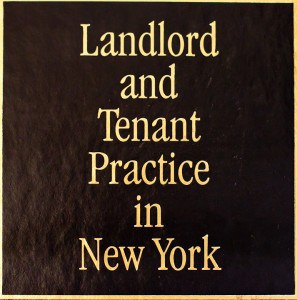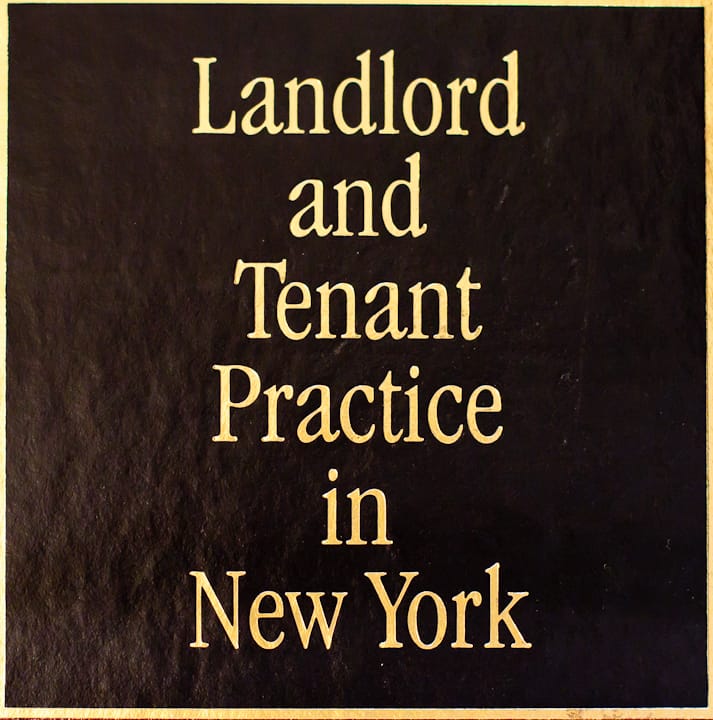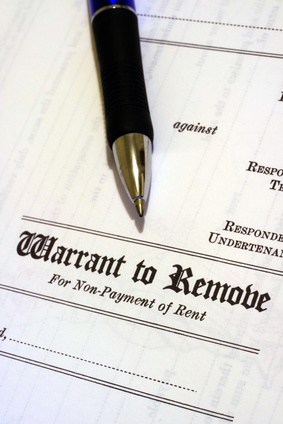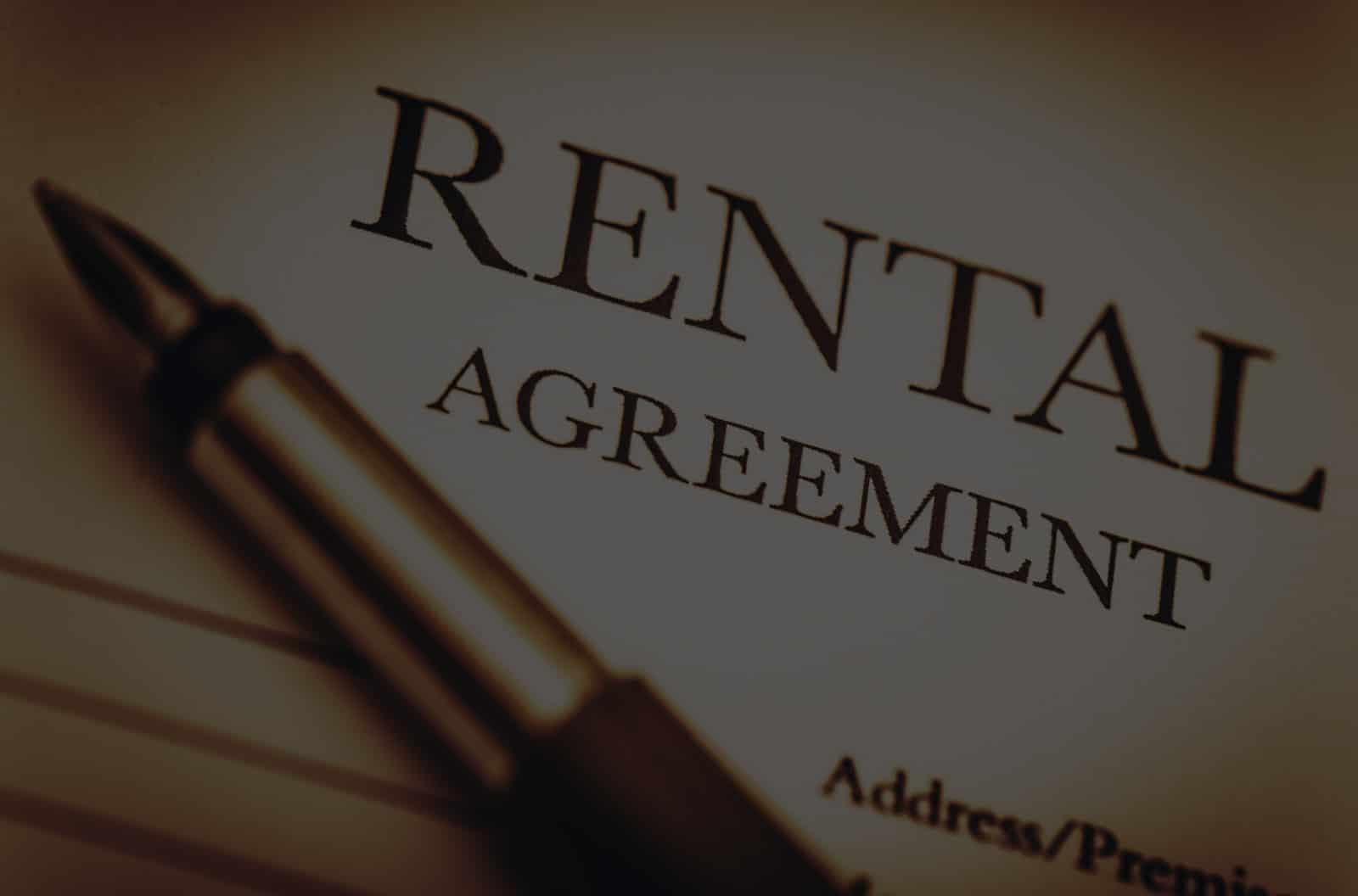
A hold-over proceeding is one of the two basic types of eviction proceedings in New York that allow a landlord to evict his or her tenant. It allows a landlord to recover possession of the property from the tenant based on reasons OTHER than the failure to pay rent. If you’re simply looking to evict a tenant based solely on their failure to pay rent, and you don’t mind if he stays as a tenant if he pays all the back rent in full, then you may want to consider a non-payment proceeding instead of a hold-over proceeding.
Examples of situations where a hold-over proceeding should be used instead of a non-payment proceeding include a tenant whose lease has expired or was terminated and who refuses to leave; a licensee who was never a rent-paying tenant but who overstayed his welcome; a squatter; a person whose possession is incident to employment, etc.
Usually, a predicate notice is required before initiating a hold-over proceeding. This means that before you can bring a hold-over proceeding, some form of notice must be served on your tenant by a non-party. And by non-party, I mean that you, as the landlord, cannot serve the notice on your tenant yourself. It must be served by a process server or a non-party. As your lawyer, we take care of the drafting, and proper serving of this predicate notice for you. The type and length of the notice depend on many factors. It can range from 10 days to 90 days, depending on the circumstances. It is best to speak with an eviction attorney to find out the type of notice, the length of the notice, and the service requirements of the notice for your individual case.









